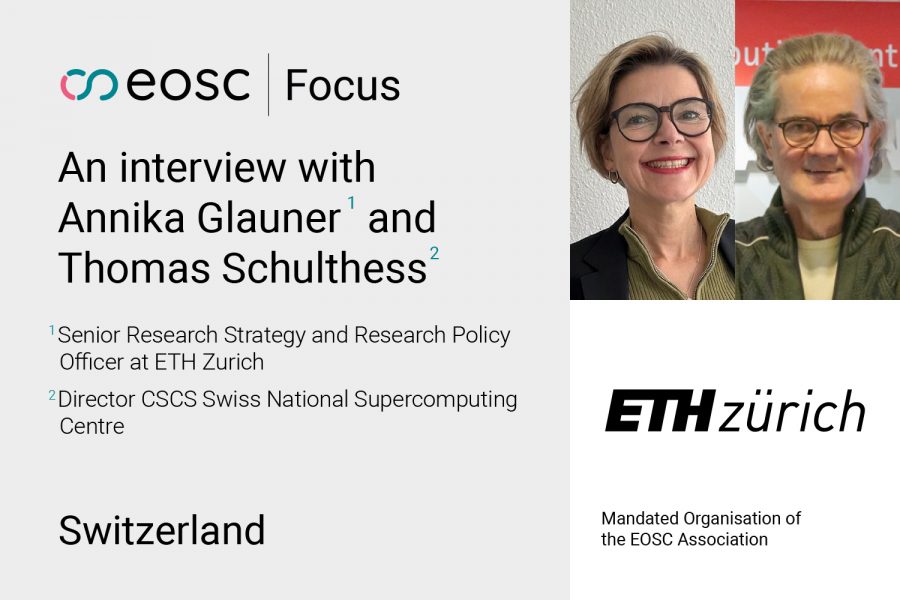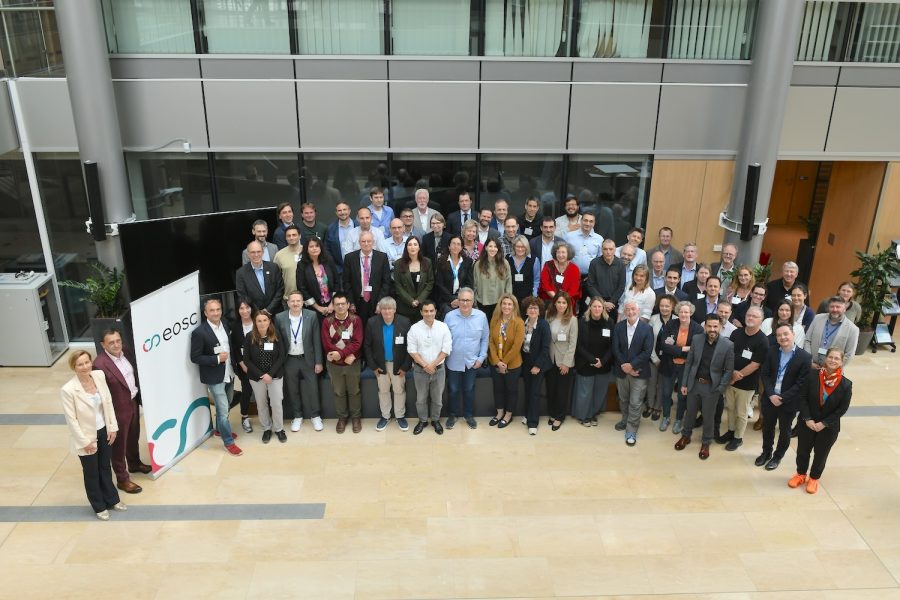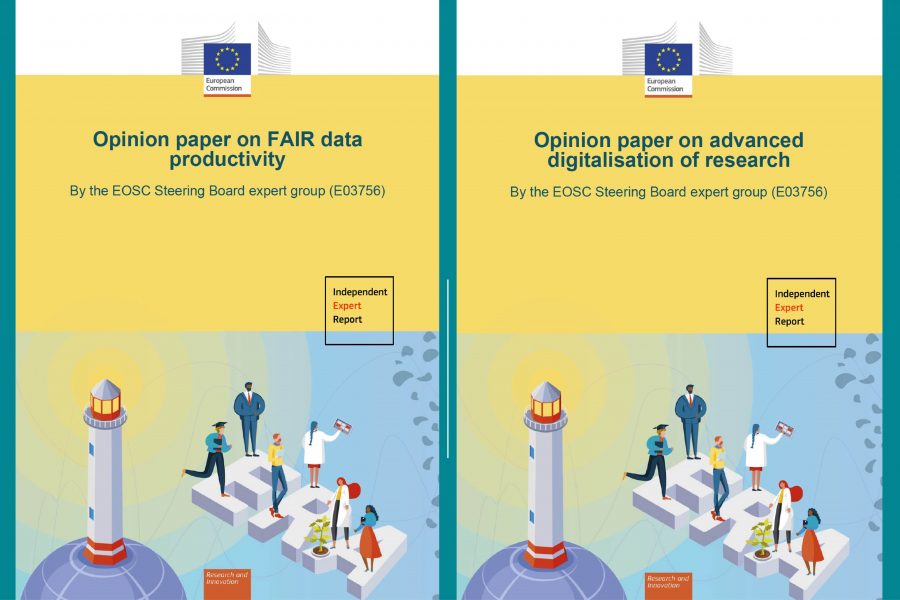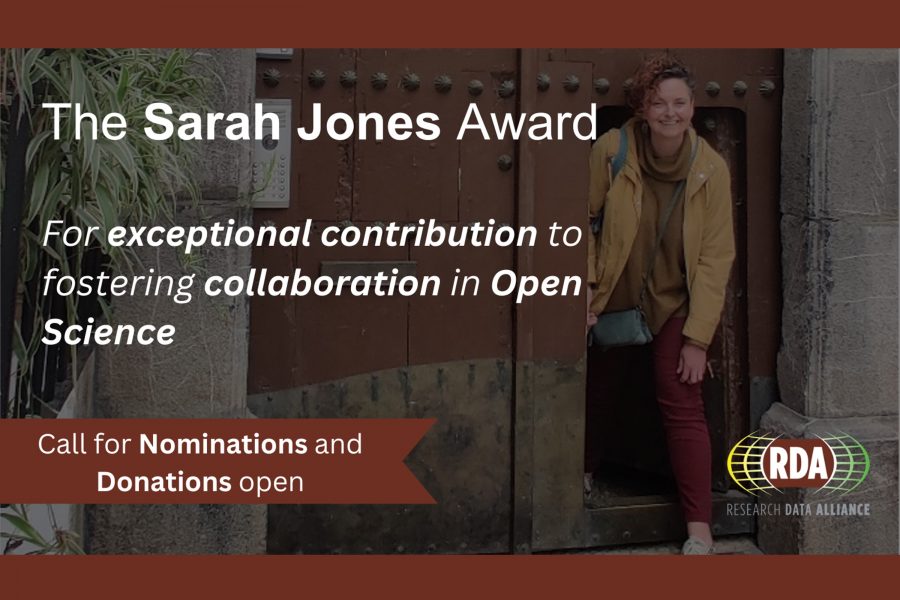As the mandate of the 13 EOSC Association Task Forces (2021-2023) ends, their members continue to publish comprehensive reports summarising the work they have done over the past two years. Last month, four Task Forces published deliverables with recommendations on key areas of the implementation of EOSC. The full reports are available on Zenodo.
Ensure Software Quality
The Infrastructures for Quality Research Software Task Force, subgroup 3, focuses on organising the existing knowledge which spreads along the vast literature available, to provide a descriptive view of the attributes and metrics related to software quality. The report includes specific considerations and perspectives for developers, users, and service providers. From the significant number of quality attributes, the TF makes recommendations according to each type of research software. The landscaping section shows the large diversity to take into account when analysing research software, necessarily from several different points of view. It is our aim that the classification and recommendations presented in this deliverable will contribute and be useful to produce better research software and benefit users, developers, and service providers.
Report on FAIR Evaluation Community Survey
The FAIR Metrics and Data Quality Task Force (TF) supports the European Open Science Cloud Association (EOSC-A) by providing strategic directions on FAIRness (Findable, Accessible, Interoperable, and Reusable) and data quality. This report summarises the results of a survey conducted at the end of 2022 and the beginning of 2023, targeting both developers and users of FAIR assessment tools. The survey received 78 responses and was an integral part of the TF’s broader initiative to harmonise FAIR assessment results across various service providers and to foster a community-led approach to FAIR governance.
LTDP-TF Final Report & Recommendations
This paper is a digest of and conclusion to the work of the EOSC Association’s Long Term Data Preservation Task Force. The report provides an overview of the outputs produced, the vision for optimal preservation of FAIR Digital Objects within the context of EOSC, the conclusions from the task force and consultation process, and the final set of key recommendations. The Task Force work on the Multi-Annual Roadmap and input to the Strategic Research and Innovation Agendas has resulted in the related funding calls ‘Enabling an operational, open and FAIR EOSC ecosystem (2024)’ from the Horizon Europe Framework Programme. The calls addressing preservation infrastructure and a network of trustworthy repositories should address many of the issues raised by the LTDP TF.
LTDP-TF Recommendations & Assertions
This paper updates the initial assertions and recommendations of the Long-Term Data Preservation Task Force based on feedback received during the consultation process with the wider community. The decision was taken to minimise prose and maximise the presentation of brief assertions and recommendations. Numerous scoping assertions are included because the work of the task force revealed varying interpretations of key research infrastructure concepts, including preservation. This work benefits from numerous prior efforts in research data management, curation and preservation, particularly the FAIR Forever report , which notes that “Digital preservation involves the series of managed activities necessary to ensure the continued access to research data for as long as necessary, which encompass actions and interventions throughout the lifecycle—not just at the creation of FAIR data or the transfer and ingest to a certified archival repository”.
Developing and Implementing the Semantic Interoperability Recommendations of the EOSC Interoperability Framework
This Semantic Interoperability Task Force report expands on and provides nuance to some of the concepts defined in the EOSC Interoperability Framework report from the EOSC Executive Board Working Groups (WG) FAIR and Architecture published in 2021 and the conceptualisation of an EOSC Interoperability Framework that it embodies (EOSC-IF). It accounts for a deep-dive into the landscape of semantic interoperability implementations and a wide range of interoperability scenarios focused around the Semantic Interoperability Specification, some subtypes of Semantic Business Objects, as well as the Semantic Artefact Catalogue and Mapping Repository. A small set of new concepts of relevance to this work and to EOSC at large have also been added.




